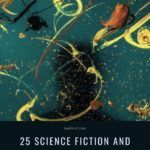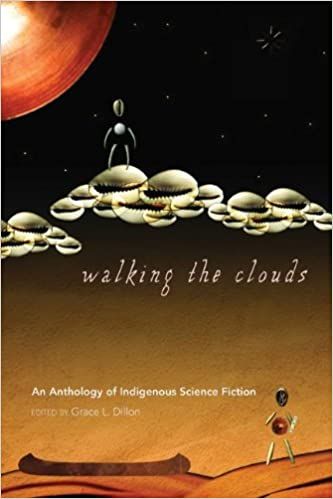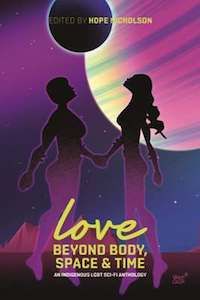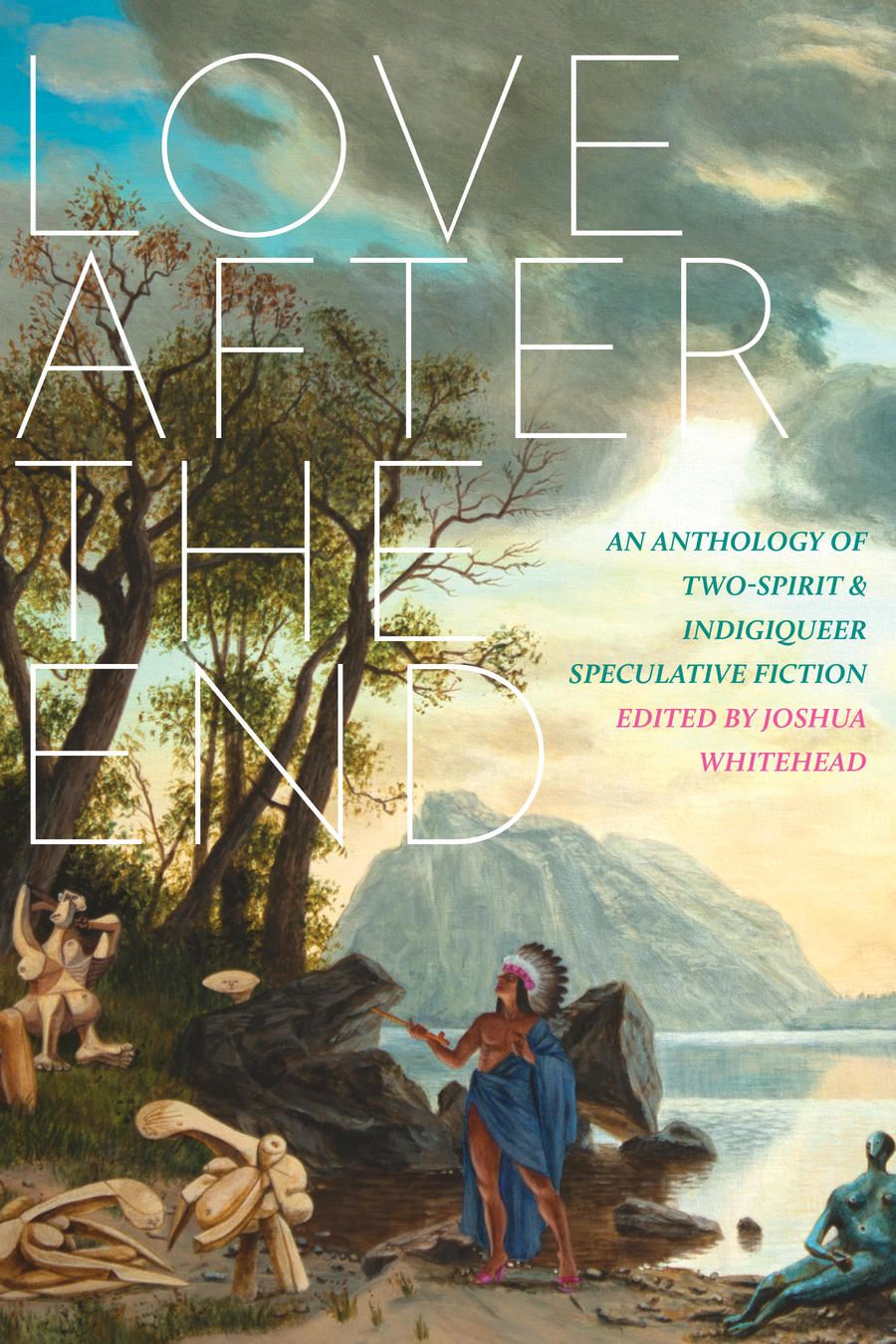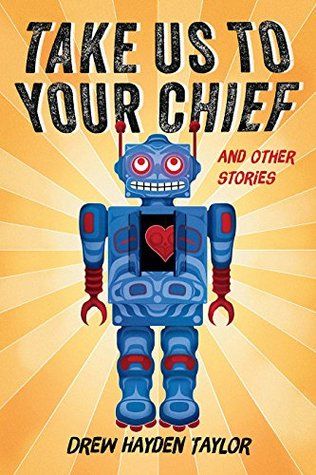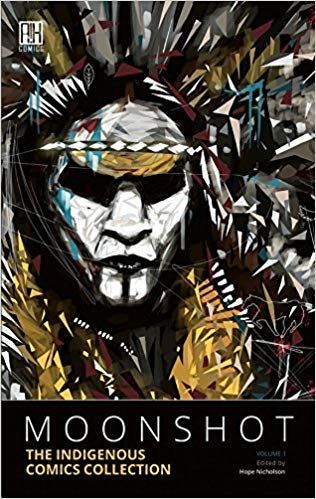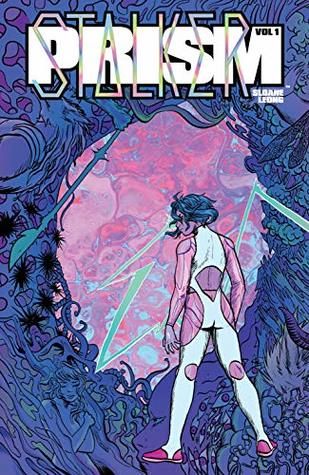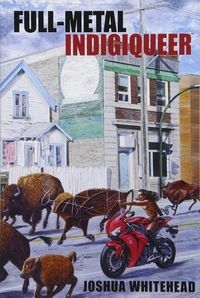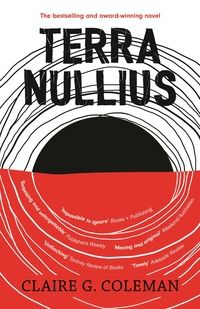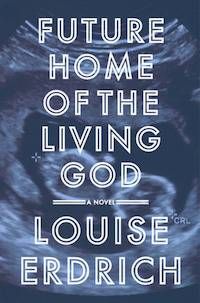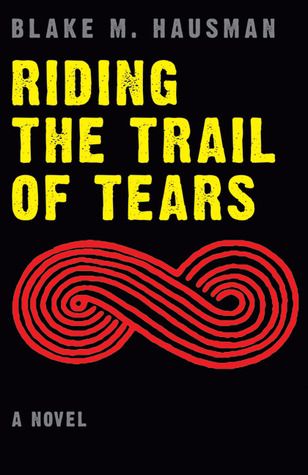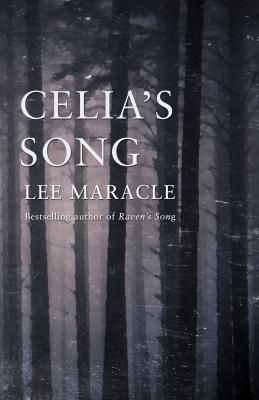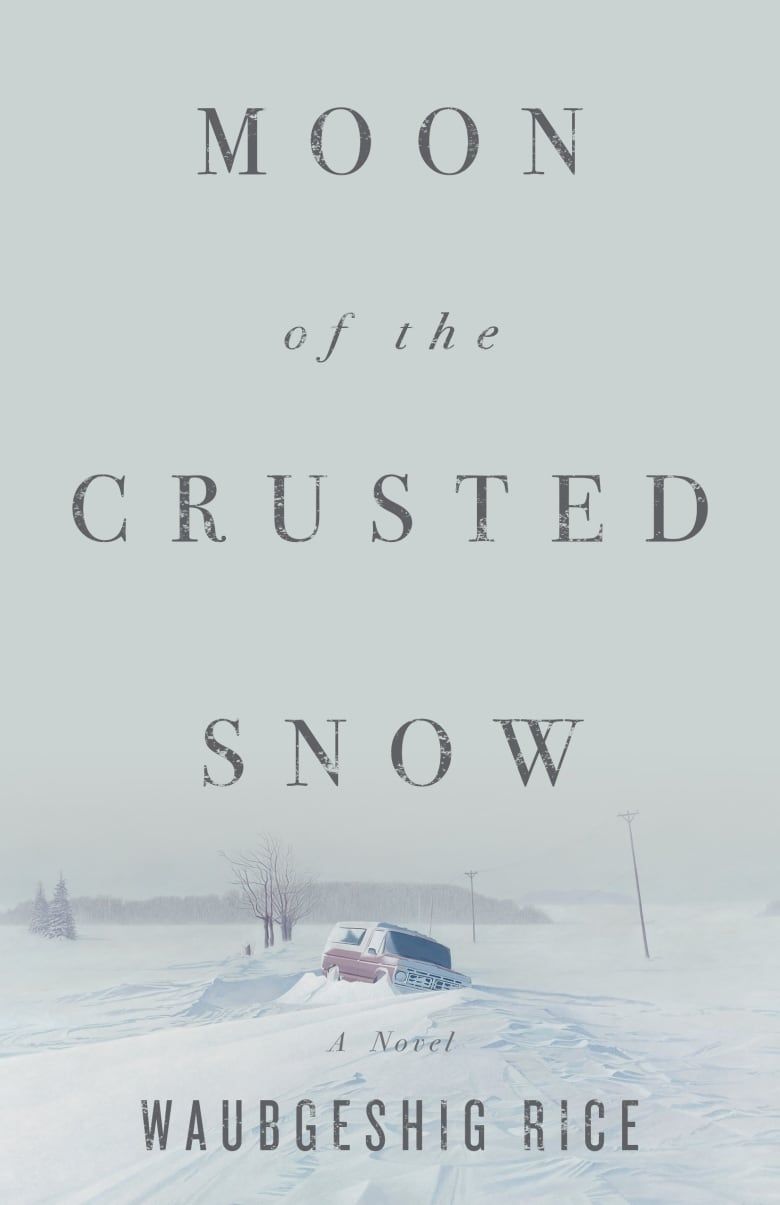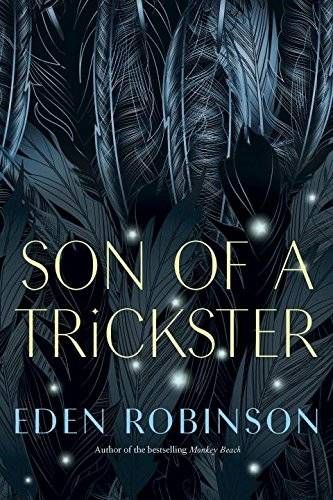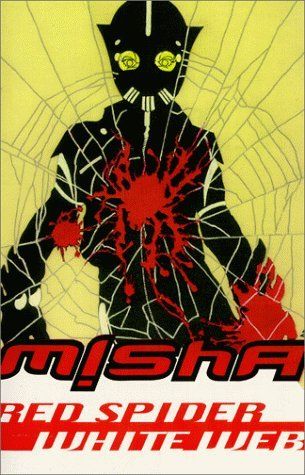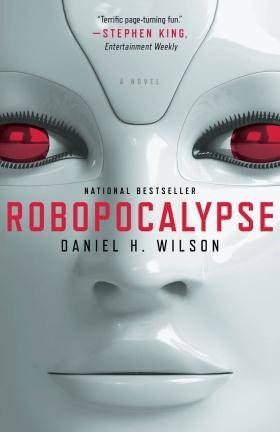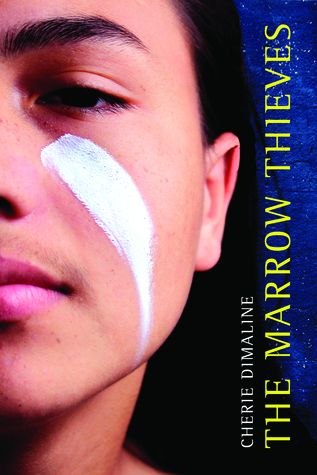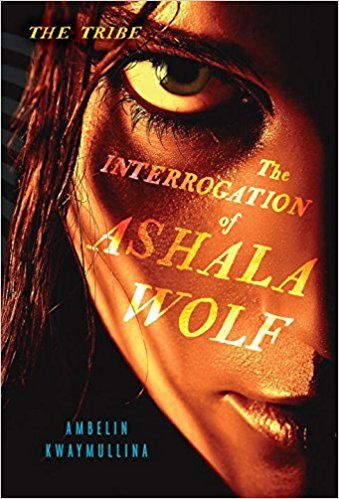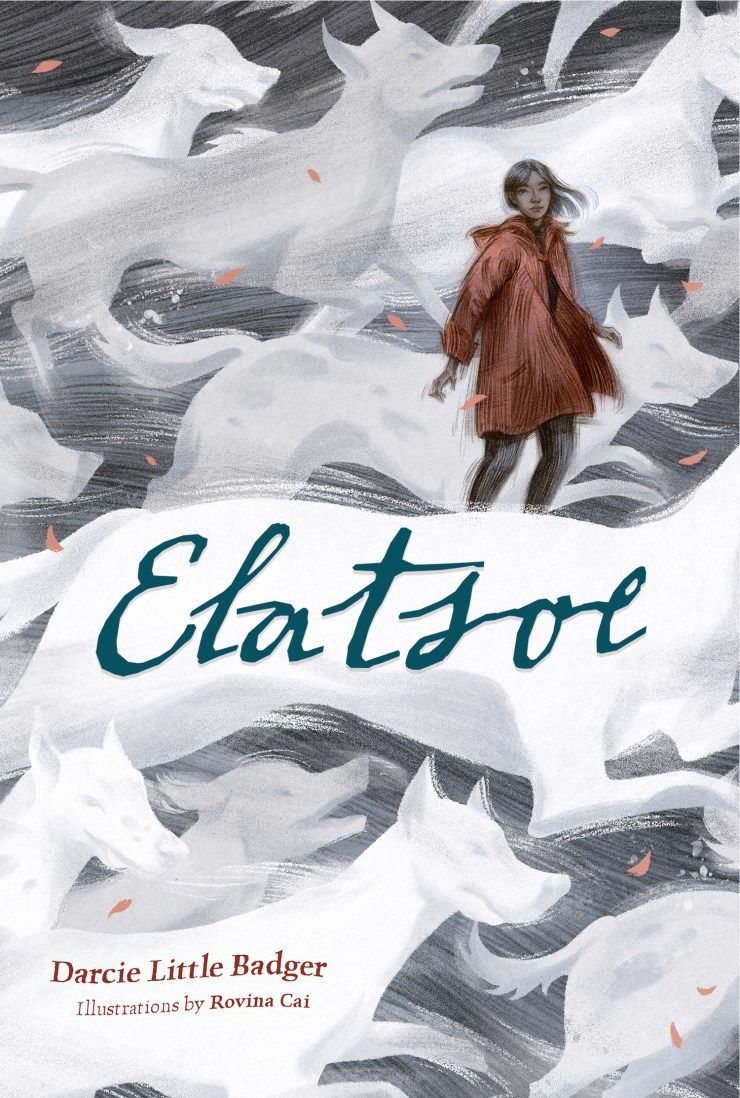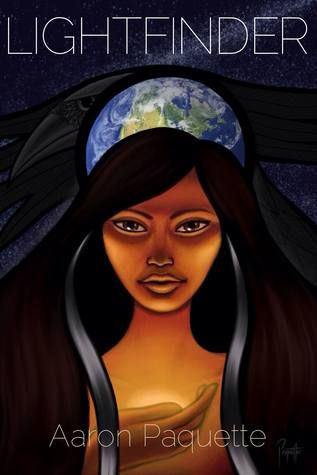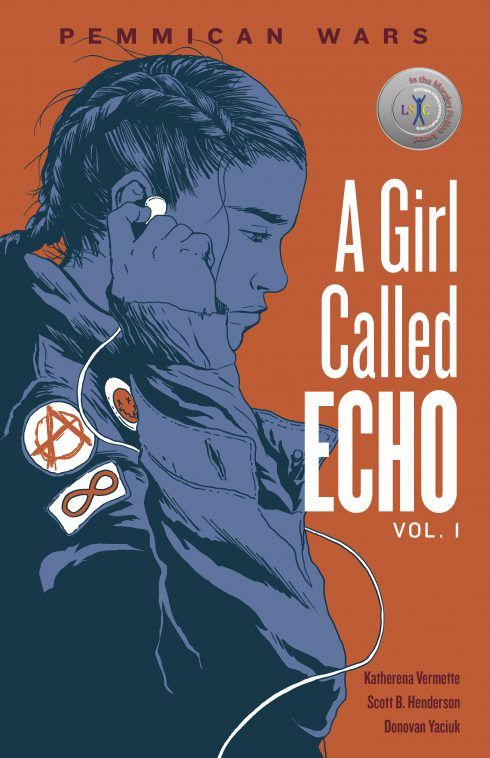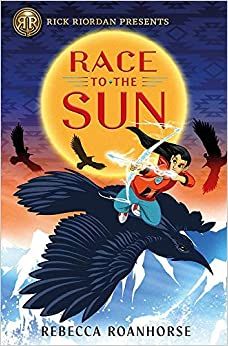I am definitely not an expert in Indigenous Futurisms, and I am approaching these books as a white settler reader, but I did want to highlight some speculative fiction titles by and about Indigenous people: some of them I’ve read and loved, some are on my TBR. Most of these are from North America, but I’d love to hear about more Indigenous SFF authors from South America. Feel free to reach out on social media if I’ve missed one of your favorite Indigenous speculative fiction authors!
Anthologies & Short Story Collections
Comics
Poetry
Find it in the Fiction Section
Science Fiction
Young Adult & Children’s Books
This is far from a complete list of speculative fiction by Indigenous authors! If you have a recommendation for Indigenous Futurisms books that I missed, please reach on social media! I stuck to science fiction and fantasy for this post, but for Indigenous horror, definitely check out Stephen Graham Jones’s books! Indigenous Futurisms brings a much-needed perspective to a genre that is often uncritically colonial, whether it’s fantasy rooted in Medieval England, or space travel that celebrates conquering new worlds. I hope to see even more Indigenous Futurisms books in the near future, but for now, just writing this post has definitely expanded my TBR.
Grace L. Dillon is an Anishinaabe professor in the Indigenous Nations Studies Program at Portland State University.
Hope Nicholson is not Indigenous, but all the contributors are.
Joshua Whitehead is an Oji-Cree, Two-Spirit member of the Peguis First Nation.
Drew Hayden Taylor is an Ojibwe author.
Hope Nicholson is not Indigenous, but all the authors are. Moonshot Vol. 3 is edited by Elizabeth LaPensée (Anishinaabe, Métis, and settler-Irish) and Michael Sheyahshe (Caddo Nation of Oklahoma). Vol. 3 also has all Indigenous illustrators, in addition to all Indigenous authors.
Leong is an artist and writer of Hawaiian, Chinese, Italian, Mexican, Native American, and European ancestries.
Joshua Whitehead is an Oji-Cree, Two-Spirit member of the Peguis First Nation.
Claire G. Coleman is a Wirlomin-Noongar-Australian writer and poet.
Louise Erdrich is Anishinaabe and an enrolled member of the Turtle Mountain Band of Chippewa Indians.
Hausman is Cherokee, and his ancestors were forcibly removed on the Trail of Tears.
Lee Maracle is a Sto:lo author.
Waubgeshig Rice is an Anishinaabe writer, journalist, and radio host from the Wasauksing First Nation.
Eden Robinson is a member of the Haisla and Heiltsuk First Nations.
Misha Nogha is of mixed Nordic and Metis ancestry.
Daniel H. Wilson is Cherokee.
Cherie Dimaline is a Métis writer from the Georgian Bay Métis Nation.
Ambelin Kwaymullina comes from the Palyku people of the Pilbara region of Western Australia.
Darcie Little Badger is a Lipan Apache writer.
Aaron Paquette is Métis, of Cree, Cayuse, and Norwegian descent.
Katherena Vermette is a Métis writer from Treaty One territory, the heart of the Métis nation, Winnipeg, Manitoba, Canada.
Rebecca Roanhorse is of Ohkay Owingeh (Pueblo) and African American heritage, and her husband and daughter are Diné.
